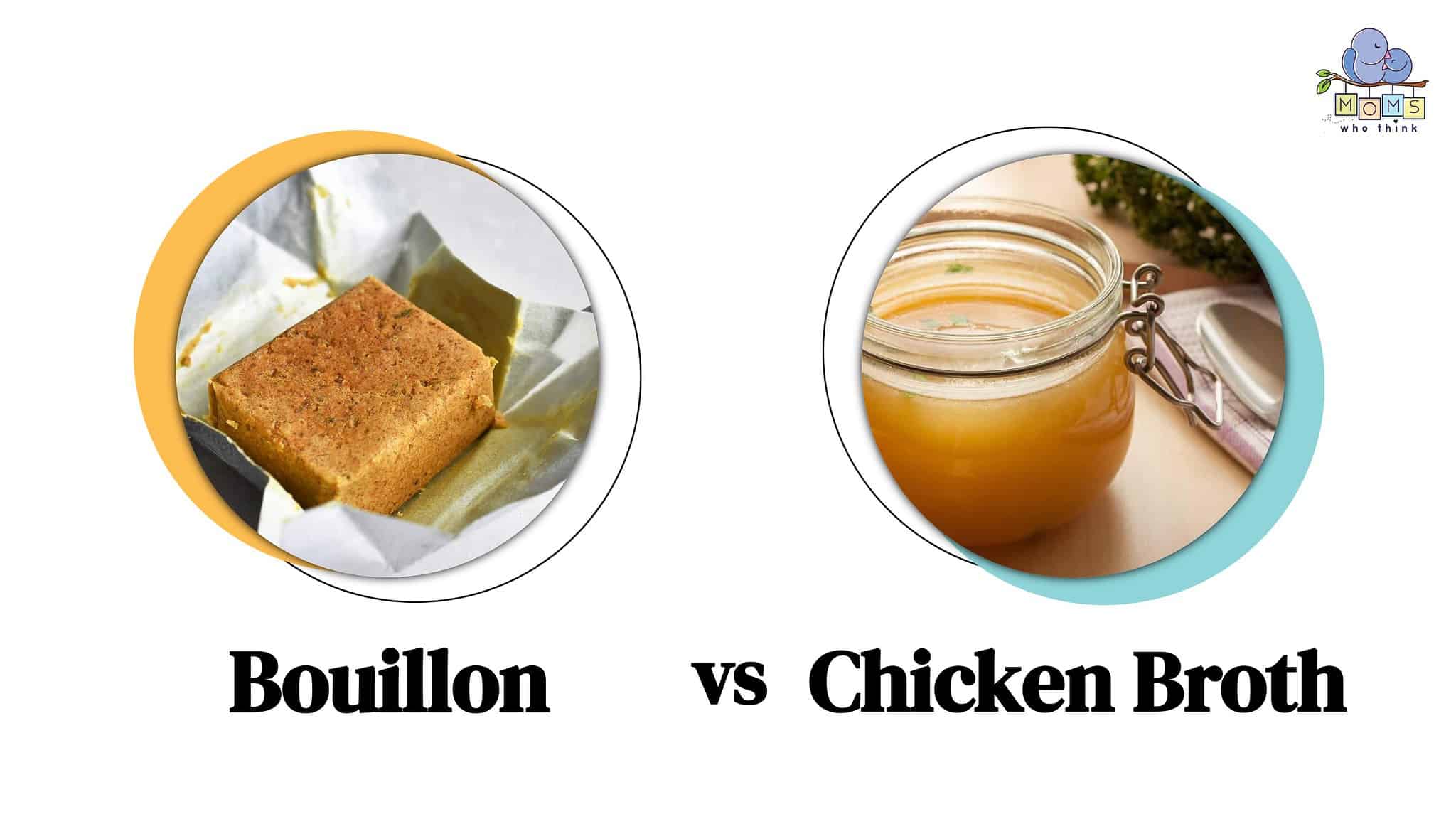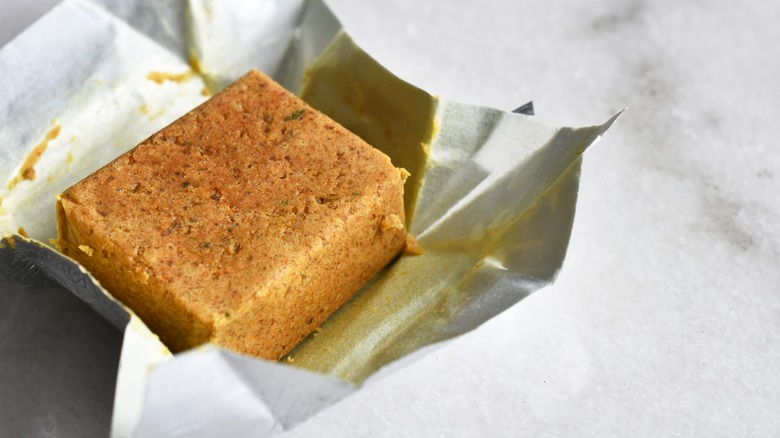Ever stared at that forgotten package of chicken bouillon in your pantry and wondered if it’s still good to use? You’re not alone! As someone who loves cooking but sometimes forgets about ingredients in the back of my cupboard I’ve definitely been there. Let’s dig into everything you need to know about chicken bouillon’s shelf life storage methods, and how to tell when it’s time to toss it.
What Is Chicken Bouillon?
Chicken bouillon is a concentrated form of chicken stock that comes in different forms – cubes granules paste, or liquid. It’s basically dehydrated chicken broth with added seasonings and salt that helps add flavor to soups, stews, and many other dishes. Because it’s so concentrated, a little goes a long way, which is why many of us have packages hanging around for extended periods.
How Long Does Chicken Bouillon Last?
The good news is that chicken bouillon has an impressively long shelf life compared to many other food products. Here’s a breakdown of how long you can expect your chicken bouillon to remain at its best quality:
Store-Bought Chicken Bouillon Shelf Life
| Storage Location | Unopened | Opened |
|---|---|---|
| Pantry | Best-by date + 2 years | Best-by date + 1-2 years |
| Refrigerator | 1 year | 1 year |
| Freezer | 2 years | 2 years |
Homemade Chicken Bouillon Shelf Life
If you’re making your own bouillon (impressive!) the timeline is much shorter
- Room temperature: 2-3 hours only
- Refrigerator: Up to 5 days
- Freezer: Around 6 months
Why Does Bouillon Last So Long?
Commercial chicken bouillon has such an impressive shelf life because:
- It’s dehydrated (contains about 90% less moisture than regular broth)
- It contains high amounts of salt (a natural preservative)
- Commercial products often include additional preservatives
This combination makes it difficult for bacteria to grow, giving bouillon its remarkable longevity.
Does Chicken Bouillon Actually Expire?
Here’s the thing about those “best by” dates on your bouillon package – they’re not actually expiration dates! They’re the manufacturer’s estimate of how long the product will maintain peak quality.
According to storage experts, bouillon cubes or granules generally stay at best quality for about 2 years when properly stored. However, they remain safe to consume long after this date if stored correctly and showing no signs of spoilage.
How To Store Chicken Bouillon Properly
The right storage methods can significantly extend your bouillon’s shelf life. Here are the best ways to store your chicken bouillon:
Pantry Storage (Recommended)
- Store in a cool, dry, dark place
- Keep away from heat sources and direct sunlight
- Make sure the area is free from moisture
- Keep package tightly closed after opening
Airtight Container Method
- Transfer opened bouillon to an airtight container
- If storing cubes, you can place parchment paper between them
- Make sure the container seals completely
- Label with the original best-by date
- Store in your pantry
Refrigeration (Optional)
While refrigeration isn’t necessary for store-bought bouillon, it’s essential for homemade versions:
- Transfer to airtight containers
- Label with the date prepared
- Use within 5 days
Freezing Method (For Extended Storage)
If you want to maximize shelf life:
- Place bouillon in airtight containers or freezer-safe bags
- Remove as much air as possible
- Label with the date
- Store in the freezer for up to 2 years
How To Tell If Chicken Bouillon Has Gone Bad
Despite its long shelf life, chicken bouillon can eventually spoil. Here are the signs to watch for:
Visual Inspection
- Mold growth: Any visible mold means it’s time to discard
- Color changes: White specks or significant discoloration
- Texture issues: Unusual clumping or stickiness (beyond normal humidity effects)
Smell Test
- Fresh bouillon has a pleasant, savory aroma
- If you detect any rancid, sour, or otherwise off-putting smell, toss it
Taste Test (Last Resort)
- If you’re still unsure, dissolve a small amount in hot water
- If it tastes off or rancid, discard immediately
What Happens If You Eat Expired Chicken Bouillon?
In most cases, consuming bouillon past its best-by date won’t cause any issues if it doesn’t show signs of spoilage. The flavor and potency might diminish, but it remains safe to eat.
However, if you consume bouillon that has mold or has truly spoiled, you might experience:
- Stomach discomfort
- Nausea
- Vomiting
- Diarrhea
If these symptoms are severe or persistent, consult a doctor.
Bouillon After Opening: Special Considerations
Once you’ve opened your chicken bouillon package:
- Moisture becomes the main enemy
- Transfer to airtight containers immediately if the original packaging can’t be resealed
- Keep away from steam while cooking
- Use clean, dry utensils when handling
Homemade vs. Store-Bought Bouillon
There’s a massive difference in shelf life between homemade and commercial bouillon:
Store-bought bouillon:
- Contains preservatives
- Highly processed and dehydrated
- Can last for years when properly stored
Homemade bouillon:
- No artificial preservatives
- Higher moisture content
- Must be refrigerated or frozen
- Much shorter shelf life (days in fridge, months in freezer)
What About Bouillon-Based Broth?
An important distinction: once you’ve used your bouillon to make broth or stock, the shelf life drastically decreases:
- Room temperature: 2-3 hours maximum
- Refrigerated: 4-5 days
- Frozen: 4-6 months
Never assume that broth made from bouillon shares the same long shelf life as the bouillon itself!
Best Substitutes If Your Bouillon Goes Bad
Discovered your bouillon has gone bad right in the middle of cooking? Don’t panic! Try these alternatives:
- Chicken broth or stock (1 cube typically equals 1 cup of broth)
- Vegetable bouillon cubes
- Mineral salt
- Soy sauce (in a pinch)
- Miso paste mixed with water
- Bouillon powder (if you have another flavor)
FAQs About Chicken Bouillon Shelf Life
Does Knorr chicken flavor bouillon expire?
Knorr chicken bouillon does have a best-by date, but it typically remains safe to use for 1-2 years beyond this date if properly stored and showing no signs of spoilage.
Why are my bouillon cubes crumbly?
This is usually due to exposure to moisture. If they smell fine and show no mold, they’re still safe to use despite the texture change.
Can I use expired bouillon paste?
Yes, you can use expired bouillon paste if it doesn’t show signs of spoilage. However, the flavor may have deteriorated.
Is it necessary to refrigerate chicken bouillon after opening?
No, it’s not necessary to refrigerate store-bought chicken bouillon after opening. Just keep it in an airtight container in a cool, dry place.
How long is homemade chicken broth good for?
Homemade chicken broth (including broth made from bouillon) lasts 4-5 days in the refrigerator and 4-6 months in the freezer.
Final Thoughts
Chicken bouillon is one of those fantastic pantry staples that has an impressively long shelf life – up to 2 years past the best-by date when stored properly! The key is keeping it in a cool, dry place away from moisture and direct sunlight.
Always use your senses to determine if bouillon has gone bad rather than relying solely on dates. If it looks good, smells good, and a small taste test seems normal, you’re probably good to go even if it’s past the date on the package.

Check the cubes, not the dates

Yes, bouillon cubes do expire, but they tend to have an extremely long shelf life. Of course, how long they last can vary depending on the brand and how they are stored. Generally, bouillon cubes can stay good for several years, if they are preserved properly. The expiration date is usually printed on the packaging, and bouillon cubes can often be used for 1-2 years after that date.
Expired bouillon cubes may not provide the same flavor and nutrition as fresh ones, and they may be more likely to contain harmful bacteria, especially if you have not kept them safe. Since you cant always rely on the expiration dates, you should check the cube for signs of spoilage. If the bouillon cubes have changed color, have a foul or strange odor, or have become soft or crumbly, they have probably gone bad and you should throw them away, no matter the expiration date.
